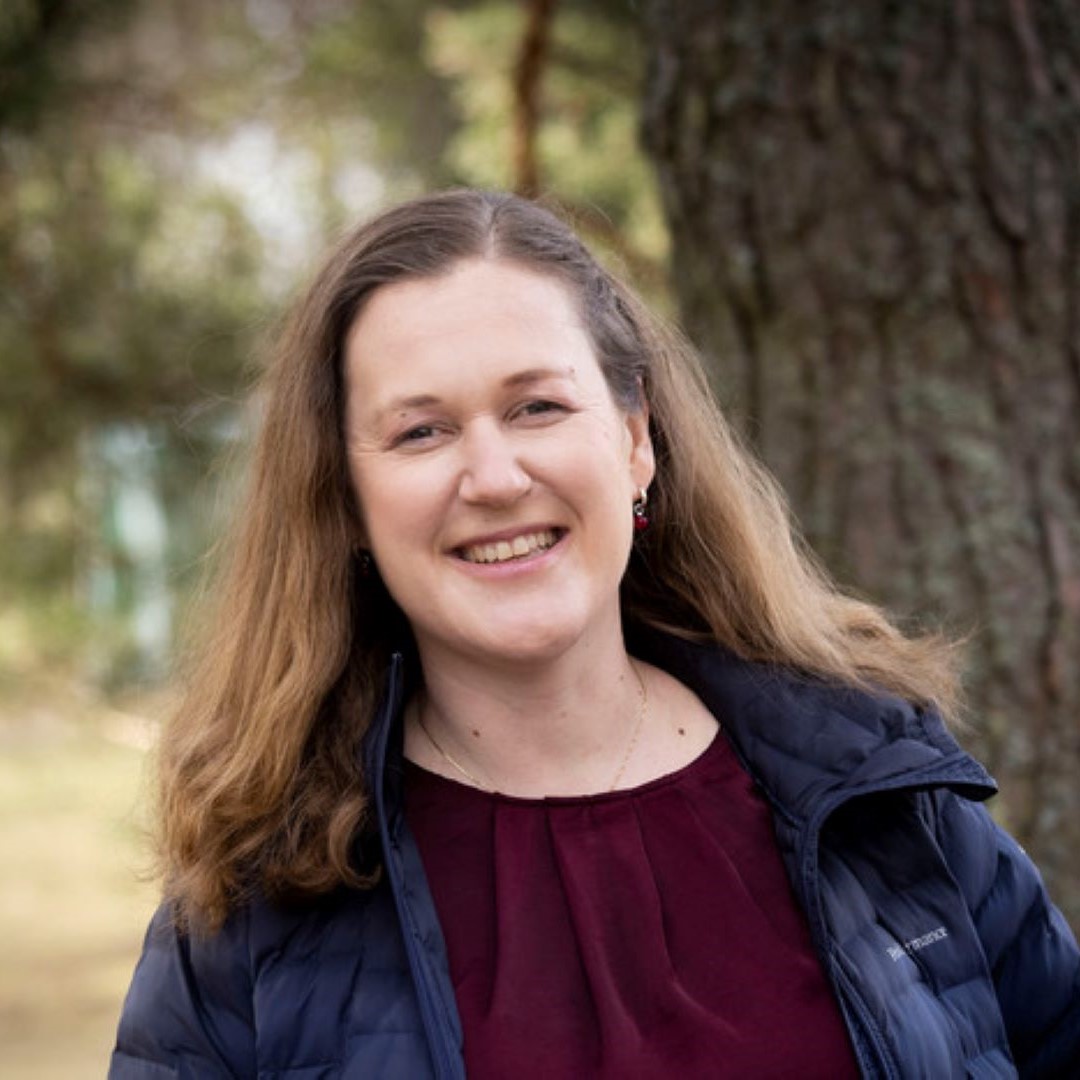My graduate education is in Veterinary Medicine from SLU, Uppsala (2005). After a PhD on the epidemiology of diabetes in dogs (2009) and I transitioned to human medical and genetic epidemiology in my post-doc at Karolinska Institutet in Stockholm. In 2016, I established my research group at Uppsala University, Sweden. My research focuses on identifying targets for precision medicine and public health interventions. My team and I apply modern methods for causal inference in large observational datasets, some of which we have initiated and developed using high-throughput molecular methods. In 2019, I was awarded an ERC Starting grant to study the association of the microbiota composition with atherosclerosis in the large well-characterized SCAPIS cohort, where deep metagenomics sequencing is applied in 10,000 individuals aged 50-64. I am also the principal investigator of the SCAPIS genotyping effort of 30,000 individuals. Currently, my research team involves 12 scientists, mainly with competence in biostatistics, medicine and bioinformatics. I I also serve as the Vice-Dean of Research Infrastructure at the Disciplinary Domain of Medicine and Pharmcy at Uppsala University. I have published 164 papers and my h-index is 64.
Genome-wide association study of the microbiome composition in four Nordic cohorts
The gut microbiome plays a vital role in human physiology and disease, yet the extent to which host genetics shapes its composition remains incompletely understood. While environmental factors such as diet and medication are strong modulators of the microbiome, evidence from twin studies and prior GWAS suggests that specific microbial taxa are influenced by genetic variation. However, previous studies have often been limited by small sample sizes, heterogeneous methodologies, and low taxonomic resolution. To address these challenges, we conducted a genome-wide association study of gut microbiome composition using metagenomic sequencing data from 16,017 adults of European ancestry across four harmonized, population-based Swedish cohorts, with independent replication in 12,652 participants from the Norwegian HUNT study. Stool samples were analyzed with a standardized bioinformatic pipeline to ensure cross-study comparability.
We identified variants at the OR51E1/E2 locus—encoding fatty acid chemosensors expressed by enteroendocrine cells—associated with microbiome richness, a measure of total species diversity, and replicated this association in HUNT. Furthermore, we found 15 study-wide significant SNP-species associations (P<5.4×10⁻¹¹), encompassing eight loci and 14 common gut bacterial species. We confirmed previous known signals at LCT, ABO, and FUT2, and propose five novel candidate loci. Functional analyses integrating metabolomic and transcriptomic data support roles for these loci in gut mucosal glycosylation, bile acid metabolism, and microbial chemosensing. Together, our findings highlight the relevance of host genetic variation in shaping gut microbiome composition and provide new insight into the mechanisms linking host physiology with microbial ecology.
